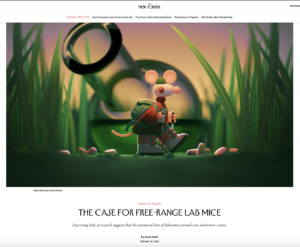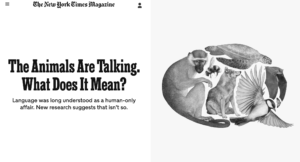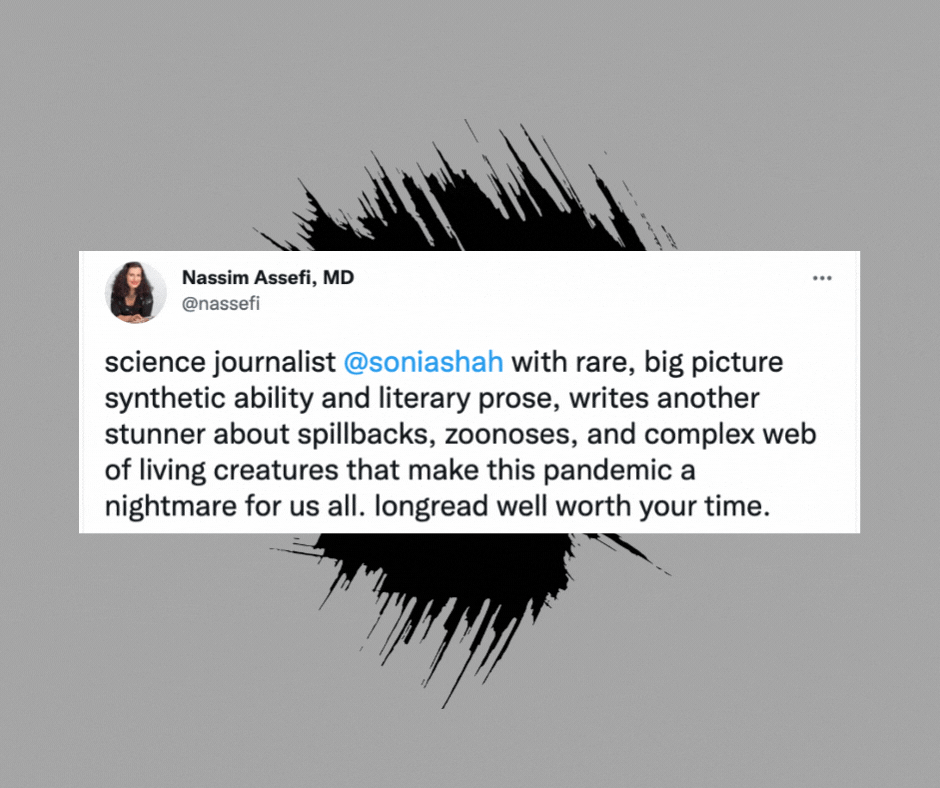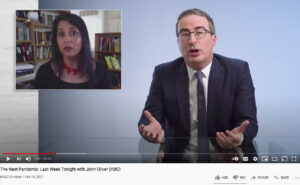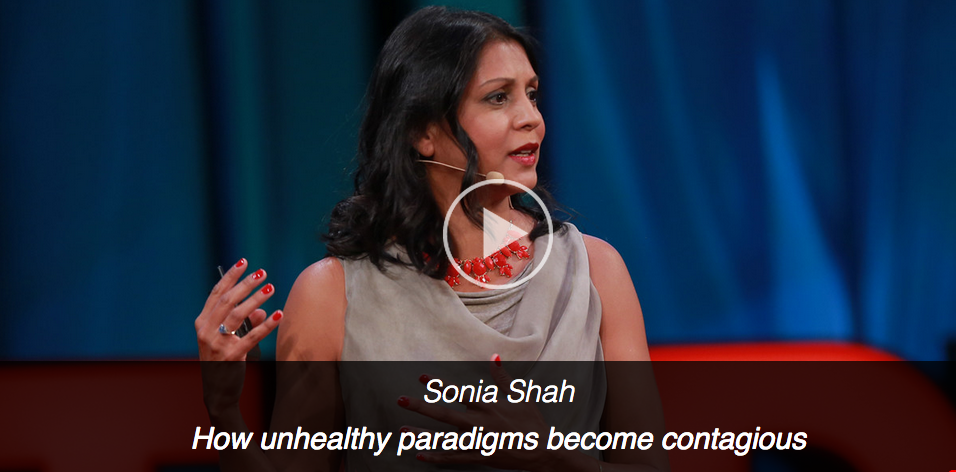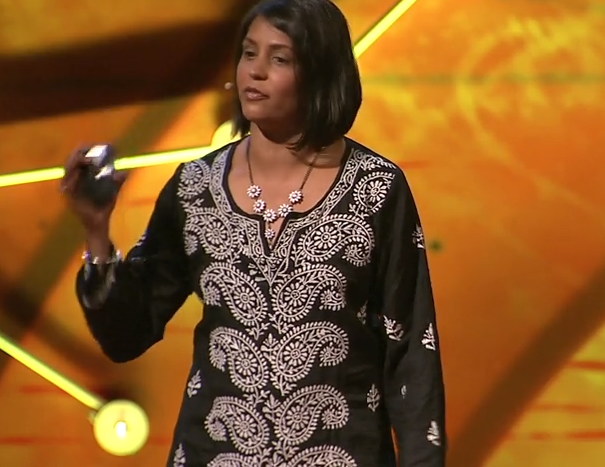My critical review of Lara Santoro’s book on international health journalism appears in The Lancet sometime this month. Link will be forthcoming. In other news from The Lancet, a new study found that 6 weeks of daily nevirapine given to the breast-fed babies of HIV-positive mothers reduced the babies’ risk of getting the virus from their moms by 15%…but six months later, as many were infected as controls.
The reason to even consider giving nevirapine (which has adverse effects in over 30 percent of infants and also can complicate AIDS therapy if it becomes necessary later on) to these babies is because their families lack access to safe drinking water with which to feed them, and so must be fed mothers’ milk despite its contamination with HIV virus. Some of the authors say, it’s a terrible situation, but the drug kind of works, a little bit, so let’s do it, it is better than nothing.
But why is it that it is possible to go to rural and impoverished places and provide tiny little babies with sick mothers pricey, sophisticated foreign-made pills EVERY DAY for weeks on end….and NOT possible to clean up the water?
In a highly unusual move, some of the study’s own authors asked the very same question. Check it out here.





